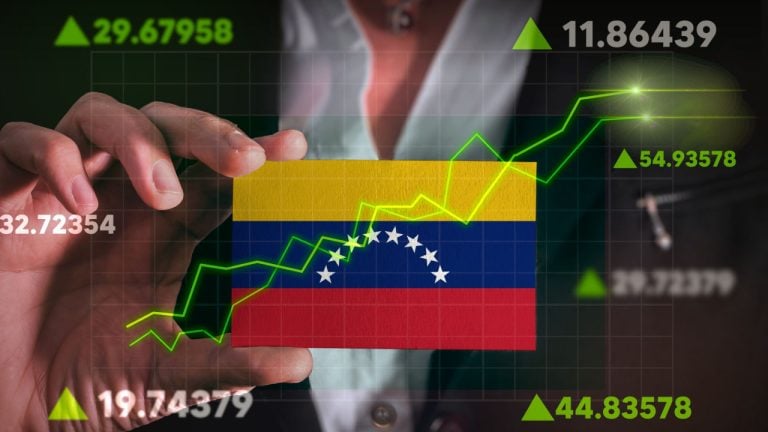Central Bank of Venezuela Lags in Delivering Economic Data, Experts Fear Upcoming Hyperinflation

The Central Bank of Venezuela is lagging when it comes to delivering economic data this year, failing to publish the inflation numbers for the last four months. Venezuelan economists believe this delay might mean that the country is starting to enter a new hyperinflation period, with the government trying to hide it by not offering up the figures.
Central Bank of Venezuela Owes Public Four Months of Economic Data
The Central Bank of Venezuela has not published the economic data corresponding to the last four months, making economists worried about the cause of the delay. The institution still has not issued the inflation figures corresponding to November 2022, December 2022, January 2023, or February 2023, leaving consulting firms blindfolded and unable to make recommendations to their affiliated companies when it comes to economic strategy.
But according to Jesus Casique, a Venezuelan economist, inflation figures are just the tip of the iceberg regarding the missing data. Casique stated that the Central Bank of Venezuela is also hiding the numbers for the balance of payments (foreign currency input and output), Gross Domestic Product (GDP), and gold reserves.
On the possible purpose of this alleged opacity, Casique explained:
It is very possible that the central bank is not publishing inflation figures because the country is entering hyperinflation again.
According to unofficial sources, the Venezuelan inflation rate for 2022 reached 234%, the highest in all of Latam.
Recurring Behavior
One of the duties of the Central Bank of Venezuela, according to the law that regulates it, is to “collect, produce, and publish the main economical, monetary, financial, exchange, price, and balance of payment statistics.” However, this is not the first time that the central bank has lagged in its duties regarding informing about the economic performance of the government.
The bank had a hiatus of three years, between 2016 and 2019, in which did not offer any GDP or CPI figures. It was also during these years that the country entered into hyperinflation, with later official figures acknowledging a 130,060% inflation rate just in 2018.
Naudy Pereira, a local economist, believes issuing these figures is very important for companies and individuals alike. She declared:
These figures would indicate to an investor whether or not there are possibilities of continuing to invest. Consumers are interested in knowing the rate of inflation and the variation in prices because their family budget planning depends on that.
What do you think about the delay of the Central Bank of Venezuela in publishing economic data? Tell us in the comments section below.



